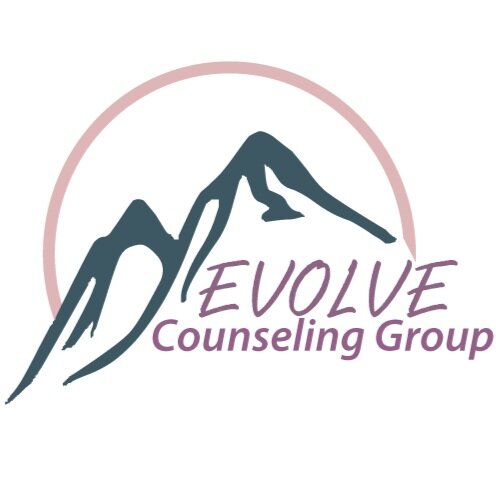Working Through Depression After Divorce
Divorce is one of life’s most difficult transitions. Even when it’s the right choice, the emotional toll can be heavy, leaving many people feeling lost, overwhelmed, angry, or deeply sad. And yes, these feelings can occur even for those who decided divorce was the best option for themselves and their former partner.
Depression after divorce is common. It can feel like mourning not just the end of a relationship, but also the loss of routines, traditions, shared dreams, and the future you once imagined together. While recovery isn’t quick or easy, it is possible. With the right amount of time, support, and intentional steps, people can move through the pain and begin to rebuild their lives. This is how to work through depression after divorce if you’re currently struggling.
Understanding Why Divorce Can Trigger Depression
Divorce is more than a legal process. It’s an emotional roller coaster. Many people experience a combination of different and complex emotions like grief, guilt, anger, or loneliness after separation. Daily routines often change dramatically, and the absence of a partner can leave a deep sense of emptiness.
In addition, divorce can trigger financial stress, changes in living arrangements, or strained family or friend relationships, all of which can worsen feelings of depression. Although it can be difficult to come to terms with, recognizing these challenges as natural responses to loss is the first step toward healing.
Common Signs of Depression after Divorce
While sadness is normal during this time, depression runs deeper. Symptoms might include persistent fatigue, loss of interest in activities, changes in sleep or appetite, feelings of worthlessness, or difficulty concentrating. Some people may withdraw from friends and family, while others may struggle with hopelessness about the future. Understanding these signs can help you, as well as your loved ones, know when it’s time to reach out for support or how to better support someone who is struggling.
Healthy Ways to Cope and Heal
Working through depression after divorce often means creating new routines and finding outlets for your energy. Building a strong support system, whether through friends, family, or a therapist, can reduce feelings of isolation. Physical activity, healthy eating, and regular sleep also help stabilize mood and energy. Many find comfort in journaling, practicing mindfulness, learning a new skill, or exploring new hobbies. Professional help, such as counseling or support groups, can provide tools for processing emotions and rebuilding confidence.
It’s important to remember that healing is not linear. Some days will feel harder than others. But it’s important to know that progress is still progress, no matter how small. Even the small, consistent steps matter in the long run.
Rebuilding Identity and Looking Forward
Divorce often requires redefining who you are outside of your former partnership. While this can feel intimidating, it also opens the door to opportunity and self-discovery. Exploring personal interests, setting new goals, doing activities on your own, or even simply learning to enjoy your own company can bring a renewed sense of independence. Over time, people often find that they are stronger and more resilient than they even realized, and that new opportunities for connection and growth begin to appear.
Next Steps
Depression after divorce can feel overwhelming, but it does not have to define your future. Acknowledging the pain, seeking support, and taking the gradual but necessary steps toward healing can make the road ahead a little less daunting. While the loss of a marriage is significant, it can also be the beginning of a new chapter, one that is built on self-discovery, resilience, and hope for what’s to come.
If you’re experiencing signs or symptoms of depression while navigating a divorce, it’s important to know that you’re not alone and that healing is possible. Reach out to us if you’re interested in seeking additional support to help you move forward.
Written by: Georgiana Avram, LCPC-S, LMHC

